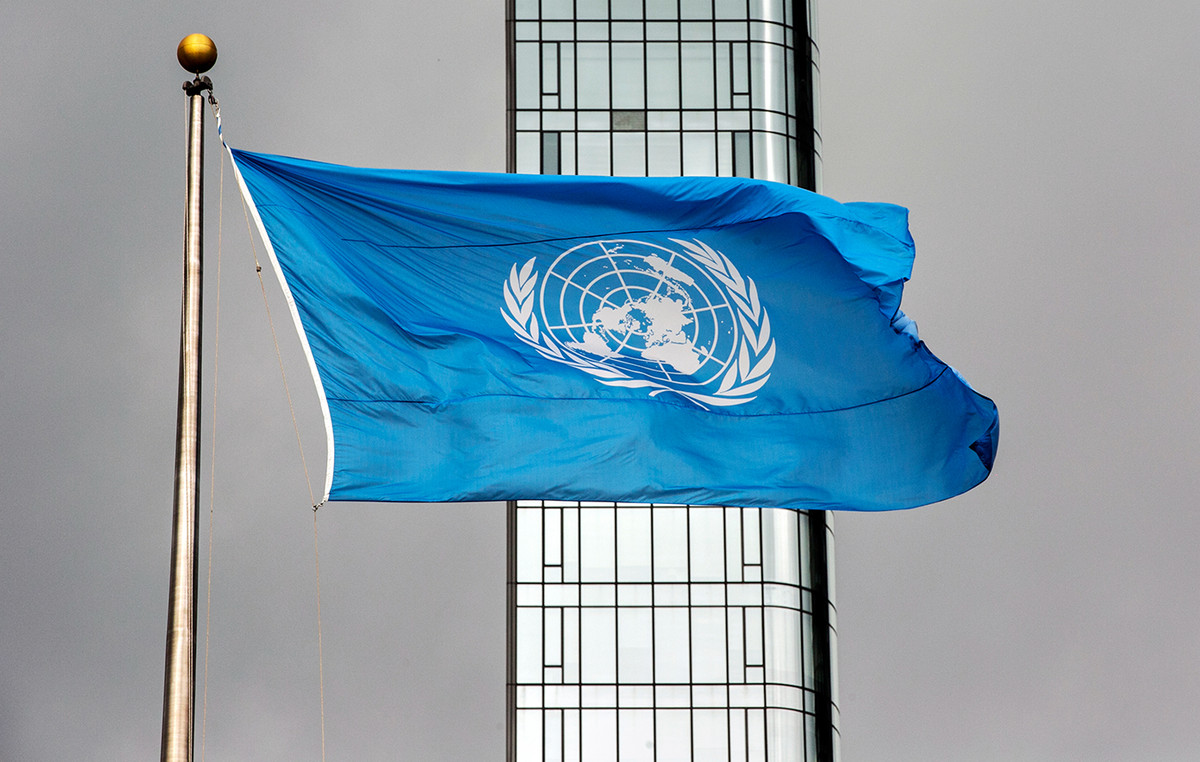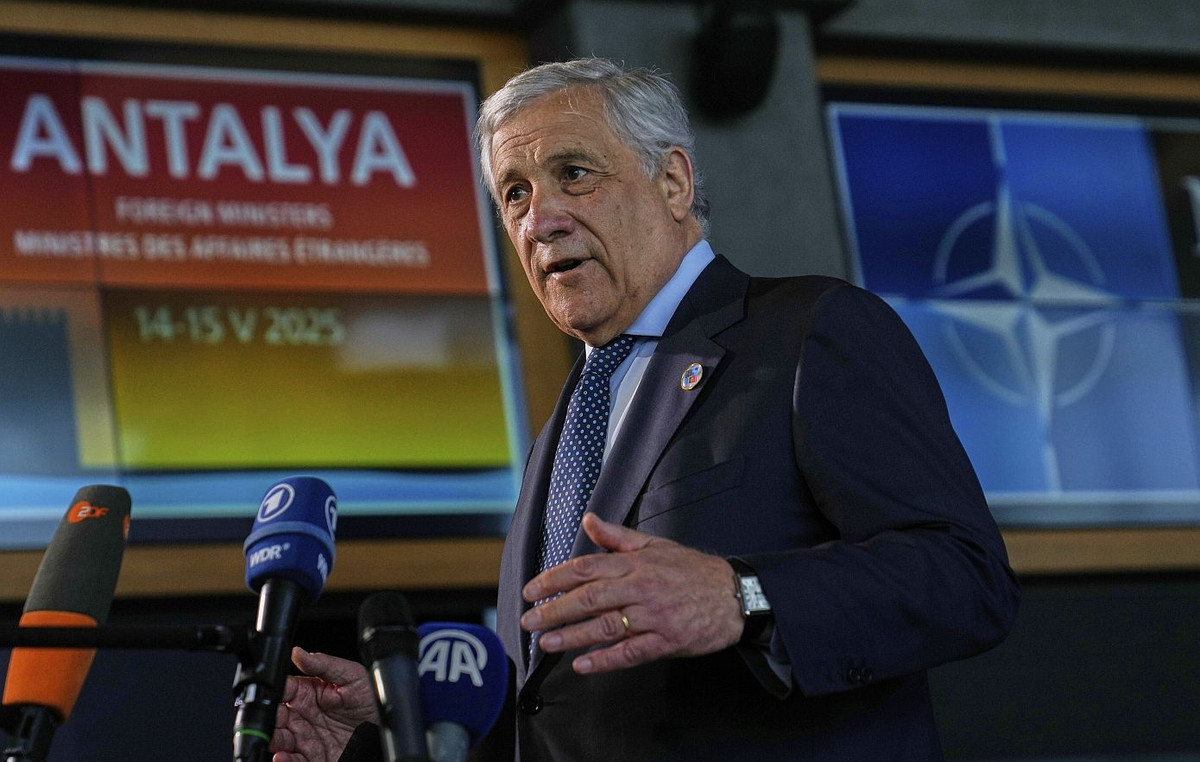The ounce of gold in euros records losses the last day of a week in which it has been oscillating to the sound of the news about tariffs and geopolitical conflicts.
The Xau/EUR closed Thursday at 2,918.67, winning 0.26% daily.
This Friday, the price of gold in euros moves between a maximum of the day at 2,921.14 and a daily minimum of 2,900.01.
The price of the XAU/EUR Last European noon is € 2,907.57, losing 0.38% in what we have been.
From a year to this part, the price of gold in euros has gained 34.11%.
What factors have influenced the price of gold in recent hours?
- Israel has accepted the American proposal of Alto El Fuego in Gaza, as reported by the US government. Republican spokeswoman, Karoline Leavitt, reported that Hamas has not yet accepted the proposal, although she is studying it. The possibility of a truce in the region weighs on the price of gold as a safe refugelosing positions in front of the euro.
- He Kremlin has announced that a Russian delegation will travel to Istanbul next Monday to participate in the second round of conversations with Ukrainian representatives. For its part, Türkiye has offered to host a three -band meeting between Donald Trump, Volodimir Zelenski and Vladimir Putin. Apart from the possibility of the meeting, Russia has launched a new night attack against Ukrainian territory with 90 drones and two ballistic missiles.
- In the United States, the Court of Appeals for the Federal Circuit suspended last night the ruling against Trump tariffs issued by the International Trade Court. This suspension does not cancel the previous ruling, but if temporarily paralyzes it waiting for the case to reach higher instances.
- In Germany, retail sales have presented mixed results, with the annual indicator, rising 2.3% in April, above the 1.8% expected, but the monthly falling 1.1%, disappointing the estimated increase of 0.2%. Mixed figures have limited a greater increase in the euro compared to gold.
FAQS GOLD
Gold has played a fundamental role in the history of mankind, since it has been widely used as a deposit of value and a half of exchange. At present, apart from its brightness and use for jewelry, precious metal is considered an active refuge, which means that it is considered a good investment in turbulent times. Gold is also considered a coverage against inflation and depreciation of currencies, since it does not depend on any specific issuer or government.
Central banks are the greatest gold holders. In their objective of supporting their currencies in turbulent times, central banks tend to diversify their reserves and buy gold to improve the perception of strength of the economy and currency. High gold reserves can be a source of trust for the solvency of a country. Central banks added 1,136 tons of gold worth 70,000 million to their reservations in 2022, according to data from the World Gold Council. It is the largest annual purchase since there are records. The central banks of emerging economies such as China, India and Türkiye are rapidly increasing their gold reserves.
Gold has a reverse correlation with the US dollar and US Treasury bonds, which are the main reserve and shelter assets. When the dollar depreciates, the price of gold tends to rise, which allows investors and central banks to diversify their assets in turbulent times. Gold is also inversely correlated with risk assets. A rebound in the stock market tends to weaken the price of gold, while mass sales in higher risk markets tend to favor precious metal.
The price of gold can move due to a wide range of factors. Geopolitical instability or fear of a deep recession can cause the price of gold to rise rapidly due to its condition of active refuge. As an asset without yield, the price of gold tends to rise when interest rates lower, while the money increases to the yellow metal. Even so, most movements depend on how the US dollar (USD) behaves, since the asset is quoted in dollars (Xau/USD). A strong dollar tends to keep the price of gold controlled, while a weakest dollar probably thrusts gold prices.
Source: Fx Street
I am Joshua Winder, a senior-level journalist and editor at World Stock Market. I specialize in covering news related to the stock market and economic trends. With more than 8 years of experience in this field, I have become an expert in financial reporting.





